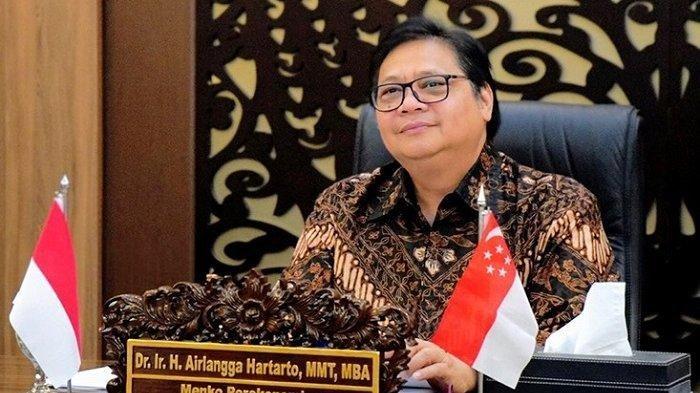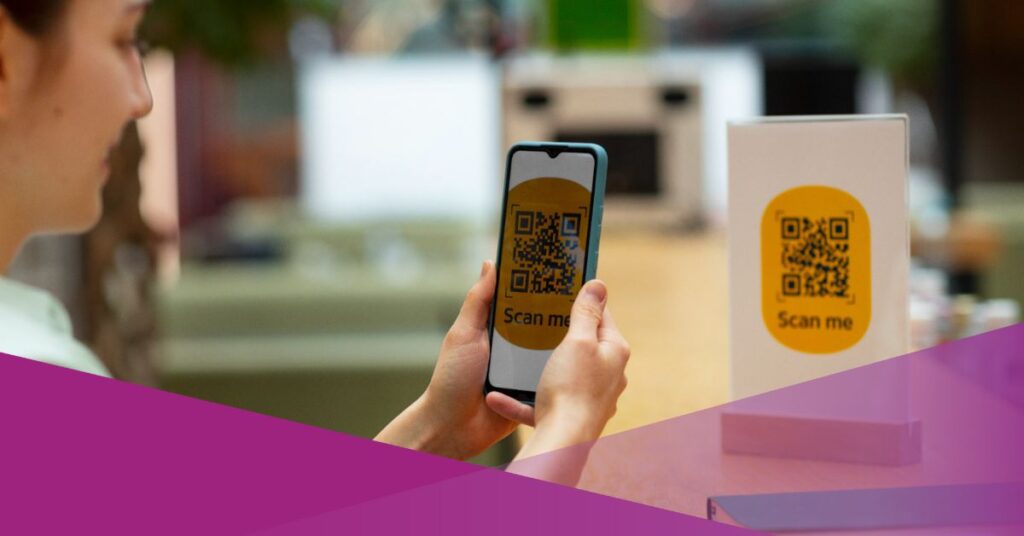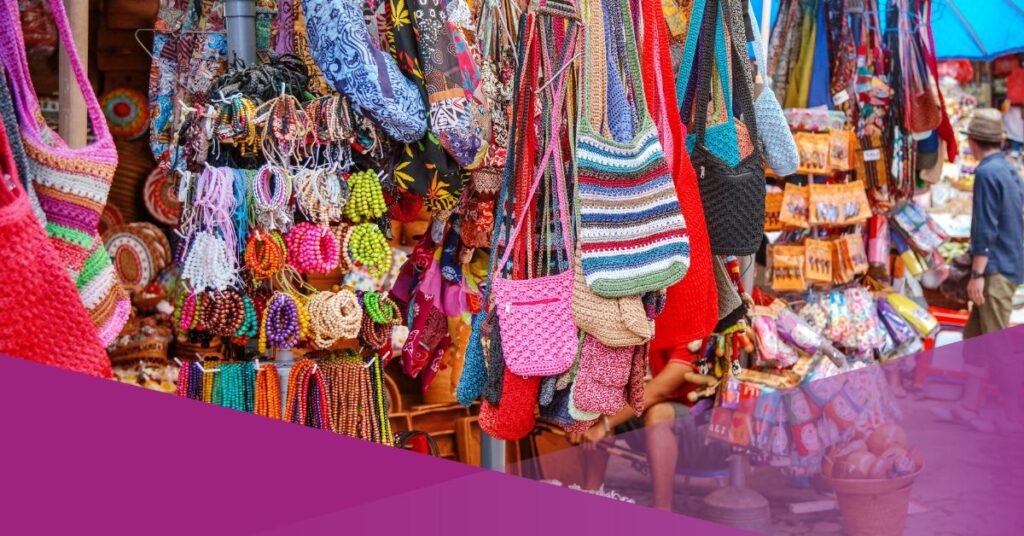Will QRIS transactions be subject to 12% VAT? This question has sparked significant discussion following the government’s plans to increase Value Added Tax (VAT) in 2025. There has been speculation that transactions using the Quick Response Code Indonesian Standard (QRIS) might also be subjected to the 12% VAT.
This proposal has drawn complaints from many, including owners of Micro, Small, and Medium Enterprises (MSMEs) who use QRIS, as well as consumers.
The Coordinating Minister for the Economy, Airlangga Hartarto, clarified that QRIS and e-money transactions are not subject to the 12% VAT.

“QRIS can also be used in various other ASEAN countries, including Singapore, Malaysia, Vietnam, and Thailand. So, if you travel there and use QRIS, there is no VAT,” Airlangga said, as quoted by detikcom.
Additionally, Airlangga confirmed that e-toll transactions are also exempt from VAT.
“Transportation services are not subject to VAT. This includes toll roads and associated payments such as e-Toll,” he stated.
Explanation from the Ministry of Finance Regarding VAT on QRIS Transactions
The Head of the Ministry of Finance’s Fiscal Policy Agency, Febrio Kacaribu, responded to the concerns regarding the 12% VAT adjustment by explaining that QRIS transactions do not place an additional VAT burden on customers.
“VAT is indeed applied to transactions that utilise fintech, including QRIS. However, the VAT burden on QRIS transactions is fully borne by the merchant,” Febrio said, as reported by Sindonews.
He further noted that this regulation has been in effect since 2022, based on the Minister of Finance Regulation (PMK) Number 69 of 2022.
Similarly, the Director of Counselling, Services, and Public Relations of the Directorate General of Taxes, Dwi Astuti, explained that payments made using QRIS are no different from those made using other payment methods. The 12% VAT is determined by the type of goods or services purchased, not the payment method itself.
“For instance, if Pablo purchases a television for Rp5,000,000 with VAT of Rp550,000, the total price payable is Rp5,550,000. This amount remains the same regardless of whether payment is made via QRIS or another method,” she explained in a written statement from the Directorate General of Taxes, Central Java I.
Likewise, electronic money, digital wallets (e-wallets), and similar transactions have been subject to VAT in accordance with the provisions of PMK 69 / PMK.03 / 2022, which governs Income Tax and Value Added Tax on Financial Technology Implementation.
However, the VAT is not imposed on the top-up amount, balance, or transaction value, but rather on the service fees. This means that electronic money and digital wallet services are not new tax objects.
“No matter the amount of money topped up, it will not affect VAT, as VAT is charged only on the service fee. Therefore, as long as the service fee remains unchanged, the VAT calculation will also remain the same,” she clarified.






























